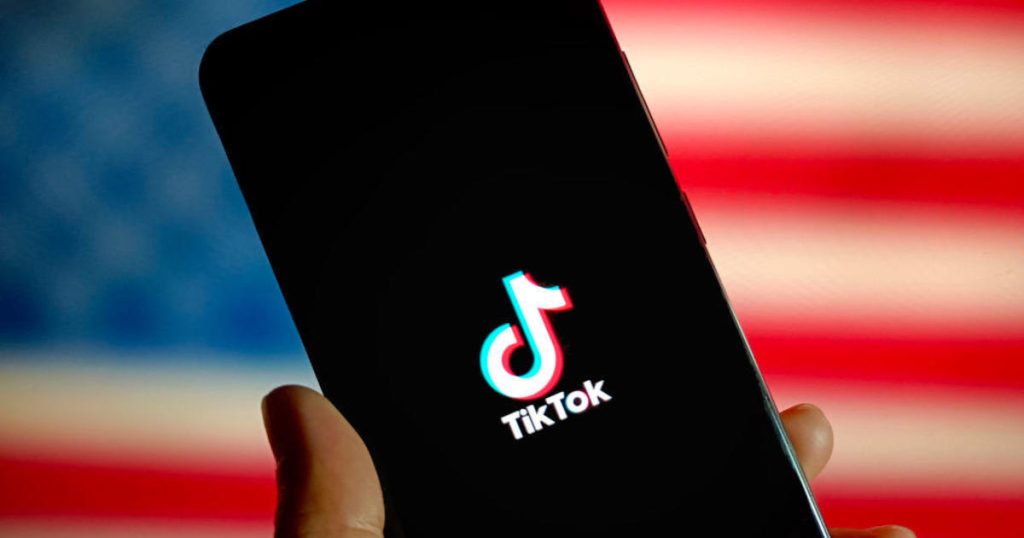The House recently passed a bill that would bar TikTok from operating in the U.S. if its China-based owner, ByteDance, does not sell its stake within a year. This move was driven by concerns over data privacy and national security due to TikTok’s Chinese ownership. TikTok has been sending push alerts to its users, urging them to contact lawmakers and argue against the bill’s passage, but it seems to have had little effect. The Senate is expected to pass the bill, which President Joe Biden has indicated he would sign. This is part of a larger foreign aid package for Ukraine and Israel. Lawmakers are worried about the potential for ByteDance to share data about U.S. users with China’s government.
The bill gives TikTok’s owner nine months to arrange a sale, with a possible three-month grace period. However, the timeline raises concerns, as the nine-month mark would coincide with the U.S. presidential inauguration. If the bill passes, potential buyers for TikTok could include Microsoft, Oracle, or private equity groups. There is also speculation about what will happen if TikTok is sold without its core algorithms, which are crucial for providing video recommendations to users. The value of TikTok could change significantly without these algorithms, making the sale a complex process. Rival social media platforms such as Meta (formerly Facebook) and Google could benefit if TikTok is banned in the U.S., with estimates suggesting that a large percentage of TikTok users would shift to these platforms.
Lawmakers are concerned about the risks associated with allowing TikTok to operate in the U.S., given its Chinese ownership. Some see it as a national security risk that could potentially give the Chinese government access to personal data of millions of Americans. Advocates of the bill argue that it is necessary to protect the privacy and security of U.S. citizens. TikTok has defended itself against the bill, stating that it is unfortunate that lawmakers are trying to pass a ban bill that would infringe on the free speech rights of millions of Americans and have negative economic impacts. Despite these arguments, it appears that Congress is moving forward with the bill, raising concerns for TikTok’s future in the U.S. and prompting speculation about potential buyers and the impact on other social media platforms.
As the Senate prepares to vote on the bill, there is uncertainty about the future of TikTok and the potential implications for its users. The bill has prompted discussions about data privacy, national security, and the influence of foreign ownership on social media platforms. TikTok’s fate will likely be determined in the coming months, as the company faces pressure to sell its stake in response to concerns from lawmakers and security experts. The outcome of this situation will not only impact TikTok’s millions of users but also have broader implications for the social media landscape and the relationship between technology companies and government regulations.


